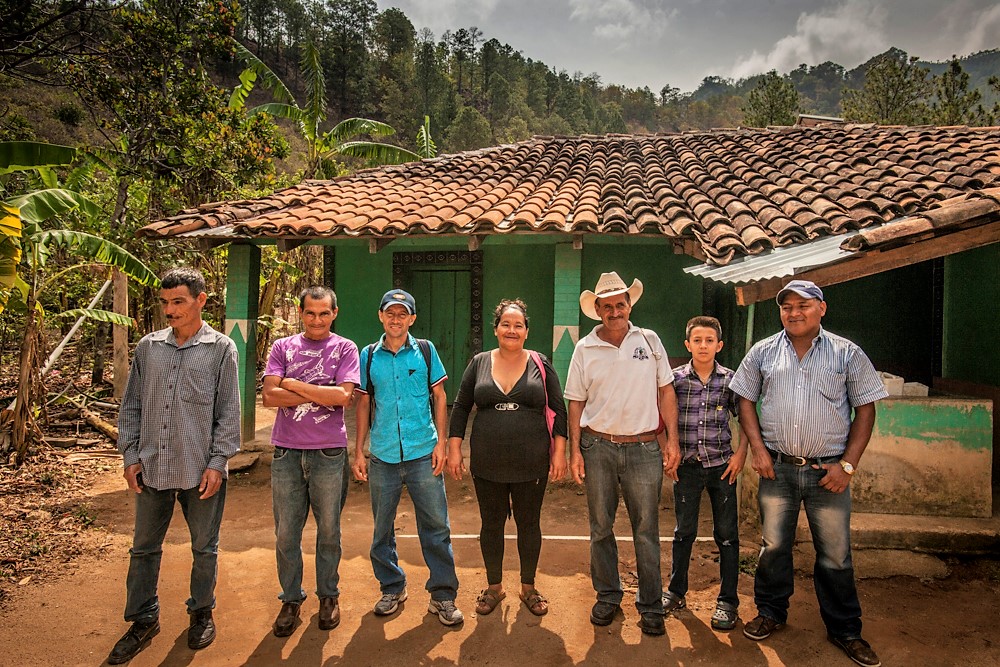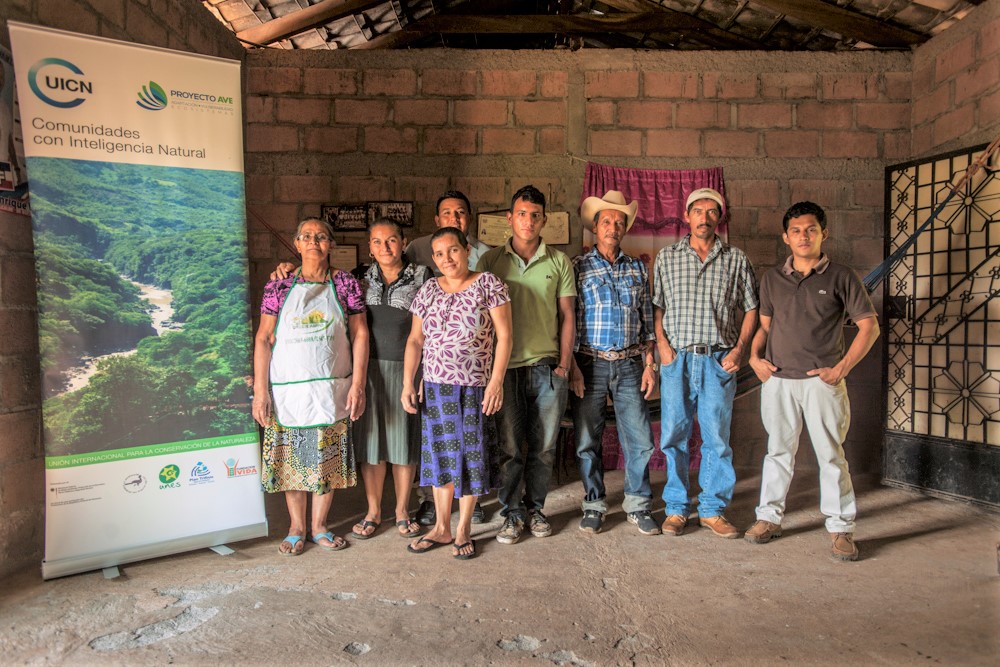


The participation of all basin stakeholders has been at the core of the conformation and training of new governance structures for the Lituy (Honduras) and Honduritas (El Salvador) microbasins. The integration of grassroots (community-based) organizations, such as water boards, producer associations, women's or youth groups, Community Development Associations and educational centers, has been important. Locally, the leadership shown by teachers, women and community authorities contributed significantly to social mobilization and the adoption and scaling-up of EbA measures, making these actors an essential part of the "learning by doing" processes of communities. The result is self-motivated communities that participate and take on responsibilities. At the basin level, the Goascorán River Basin Council on the Honduran side was expanded, while in El Salvador, the most appropriate figure to accommodate the broad membership required was the Environmental Technical Table, which is why two Tables (for the northern and southern areas of La Union) were created and strengthened. Many of the members have become advocates for the work of the Tables with the aim to have these structures recognized by local authorities and legalized in the medium term.
- Local actors are interested in coordinating actions and improving basin management, which contributes to making governance mechanisms and platforms effective and sustainable.
- MiAmbiente (Honduras) has the legal obligation to accompany the conformation of Micro-basin Committees across the country, and this must be preceded by a socio-ecological characterization that first allows each micro-basin to be delimited.
- Having previous experience in carrying out participatory processes is an enabling factor for the successful conduction and conclusion of such processes (e.g. when prioritizing certain interventions).
- To have strategic alliances with different organizations is key, especially with municipality commonwealths (ASIGOLFO and ASINORLU), in order to promote spaces for dialogue and agreements regarding the waters shared between Honduras and El Salvador.
- The accompaniment of MARN (El Salvador) is necessary when addressing environmental issues and the adequate management of water resources, especially in a transboundary context. Once the negotiation with local actors had begun for the conformation of the Environmental Technical Tables, the support and participation of MARN’s Eastern Regional Office was important in order for these groups to be valued and regarded as governance platforms for the Honduritas River microbasin, in the absence of a formal institution for watershed management.